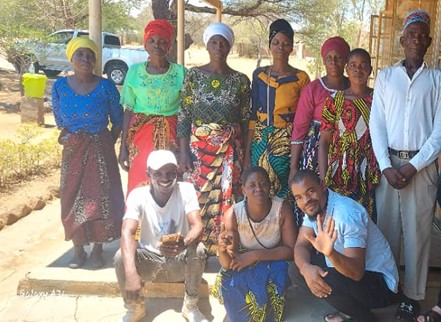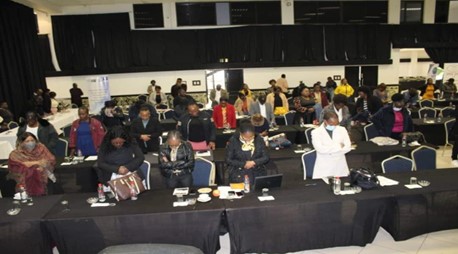Lesson Learned: Enabling National Initiatives to Take Democracy Beyond Elections
The key to the continued engagement of citizens selected to be part of the Citizen Assembly with the process is to ensure that the sessions are well-structured, informative and engaging. Getting the members in the room is an important piece of the puzzle but ensuring that they are active participants is fundamental to their overall output and outcome. In this project local partners, supported by the Implementing Partner, were given resources and guidance that enabled them to ensure adherence to core Citizen Assembly principles but also tailor approaches to contextual realities.

Making democracies more inclusive requires bold and innovative reforms to bring the young, the poor, and minorities into the political system. Some countries have piloted initiatives for assemblies on specific issues where members are not nominated by political parties but chosen at random for a limited term to represent all sectors of society, to prevent the formation of self-serving and self-perpetuating political classes disconnected from their electorates. The project aims to enable more countries to develop initiatives of this kind. It will develop and distribute a handbook on ‘Democracy Beyond Elections’ designed to show how nations at various levels of development can apply the principles of representation and deliberation in ways that are appropriate to their economic and educational circumstances. The project will fund three pilot projects to further the demonstration effect and produce a documentary based on one of these to demonstrate how deliberative democracy can work in practice. Among citizens, the project will work to build the sense that ordinary people are involved in making decisions that affect them, and thus to promote trust in Government. Among elected representatives, the project will work to stimulate a greater openness to complementary democratic models in which citizens explore and recommend policy solutions on key issues.
